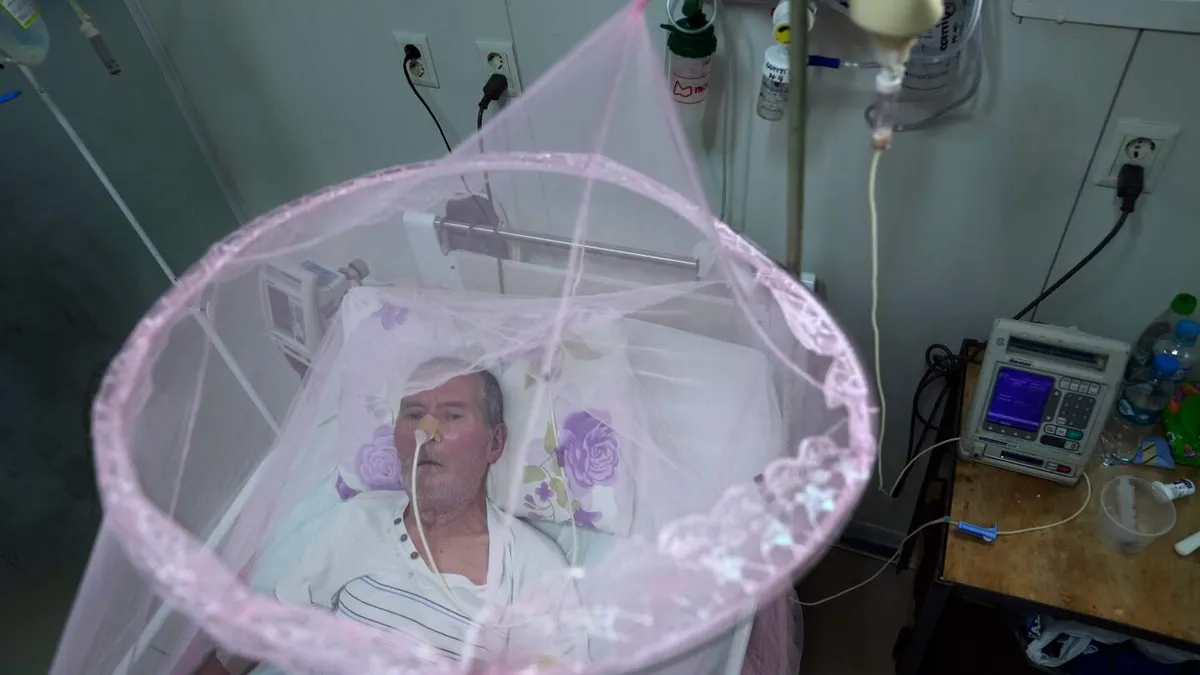
The U.S. government has recently issued a warning for American travelers aged 60 and older concerning the chikungunya vaccine. This advisory comes as health officials investigate potential side effects associated with the vaccine, known as Valneva’s Ixchiq. The Centers for Disease Control and Prevention (CDC) and the Food and Drug Administration (FDA) announced these notices late last week, emphasizing the importance of caution for older adults considering vaccination.
Chikungunya is a debilitating tropical disease primarily spread through the bites of infected mosquitoes. The illness is characterized by symptoms such as fever and severe joint pain. In the United States, approximately 100 to 200 cases are reported annually, mostly among travelers returning from regions where chikungunya is prevalent. Recognizing the threat posed by this illness, the U.S. government began recommending the chikungunya vaccine for adults traveling to affected areas last year.
However, a recent panel of experts advising the CDC raised alarms after learning about an investigation into six individuals aged 65 and older. Most of these individuals had pre-existing medical conditions and experienced serious health issues related to heart or brain functions less than a week after receiving the vaccine. In addition to these cases, over ten similar incidents have been reported in international travelers, prompting European regulators to also assess the safety of this vaccine.
In light of these findings, U.S. health advisors have made the recommendation to exercise caution regarding the Ixchiq vaccine for individuals aged 65 and older. They have also suggested that a second chikungunya vaccine, known as Bavarian Nordic’s Vimkunya, be made available for travelers aged 12 and older heading to regions experiencing chikungunya outbreaks. This alternative could provide a safer option for younger travelers and those who may be at higher risk.
As of now, CDC officials have not publicly confirmed whether they will adopt these precautionary recommendations. Travelers are encouraged to stay informed about the latest guidelines and to consult health professionals before making decisions regarding vaccination, especially if they fall into the higher-risk category.
For more information on chikungunya and vaccination guidelines, keep an eye on updates from the CDC and FDA to ensure safe travel practices.
The Associated Press Health and Science Department receives support from the Howard Hughes Medical Institute’s Science and Educational Media Group and the Robert Wood Johnson Foundation. The AP takes full responsibility for all content presented in this article.